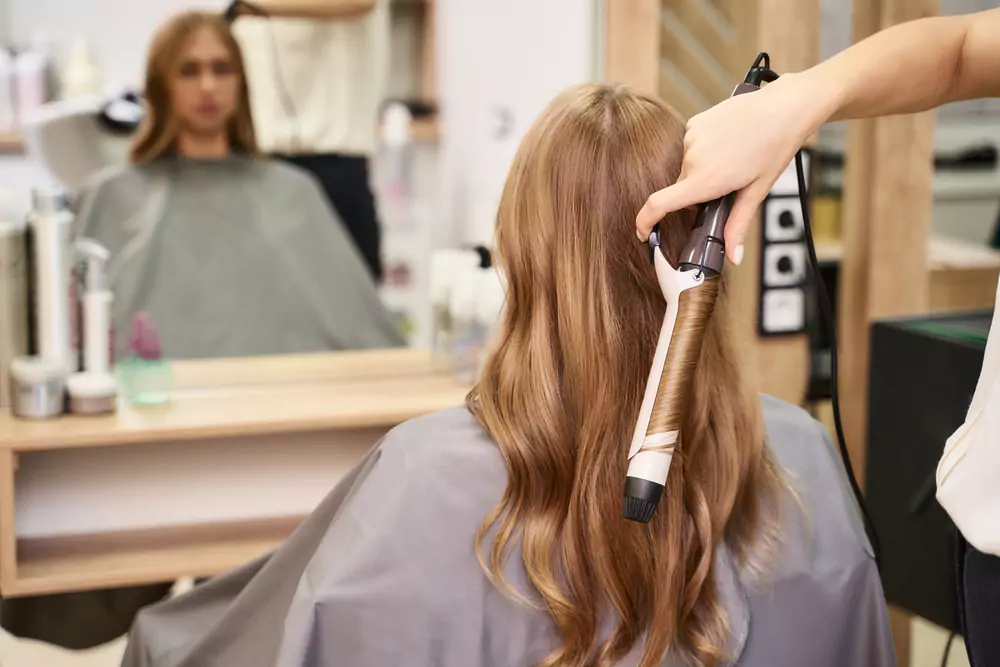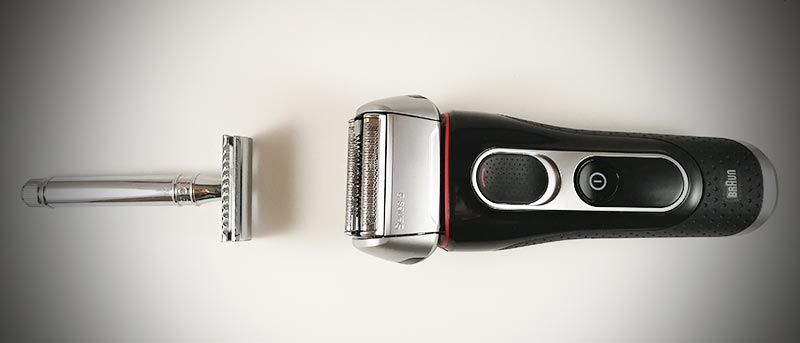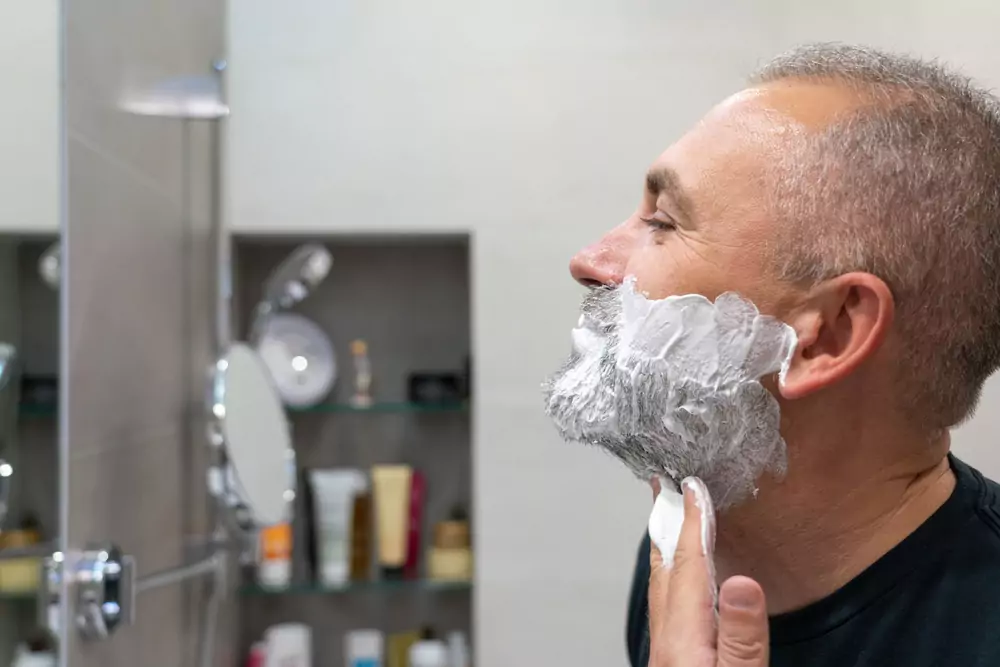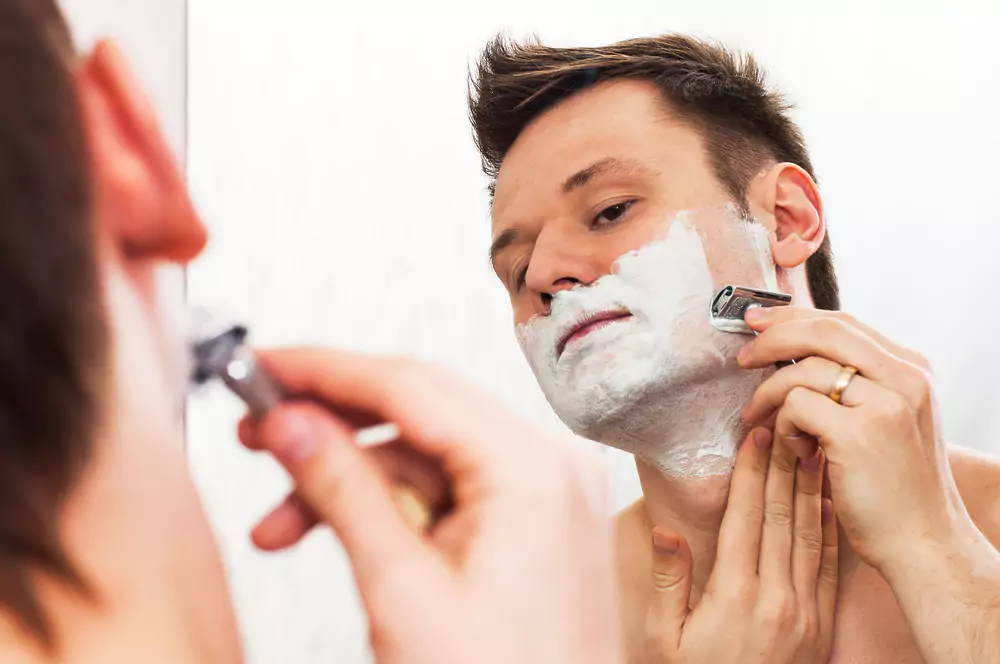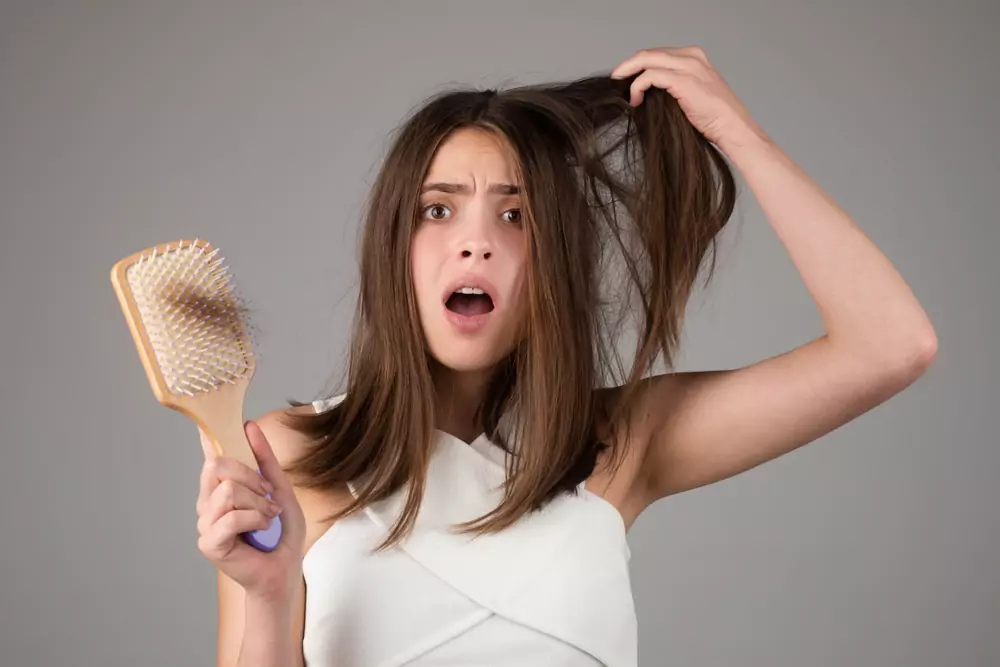
Hair Fall Reasons-[ Find Internal and External Factors ]
Hair fall is a common concern that affects millions of people worldwide. It can be a distressing experience, causing both physical and emotional discomfort. There are numerous factors that contribute to hair fall, ranging from genetics and hormonal imbalances to lifestyle choices and environmental factors. However, using the right product and following the best hair care routine is the only solution.
In this article, I Will delve into the various reasons behind hair fall and explore possible solutions to alleviate this problem.
Understanding Hair Growth Cycle
Before we explore the causes of hair fall, it’s important to understand the natural hair growth cycle. The hair growth process is divided into three main phases:
Anagen phase
This is the active growth phase where hair cells divide rapidly, resulting in hair growth. It typically lasts around 2-7 years.
Catagen phase
During this transitional phase lasting about 2-3 weeks, hair growth stops, and the follicle shrinks.
Telogen phase
Known as the resting phase, it lasts approximately 2-4 months. At this stage, old hairs are shed to make way for new ones.
Understanding this cycle helps us comprehend why hair fall occurs and how different factors can disrupt it.
Internal Factors
As someone who has experienced hair fall firsthand, I understand the frustration and concern it can cause. There are several internal factors that can contribute to hair fall. Some of them are;
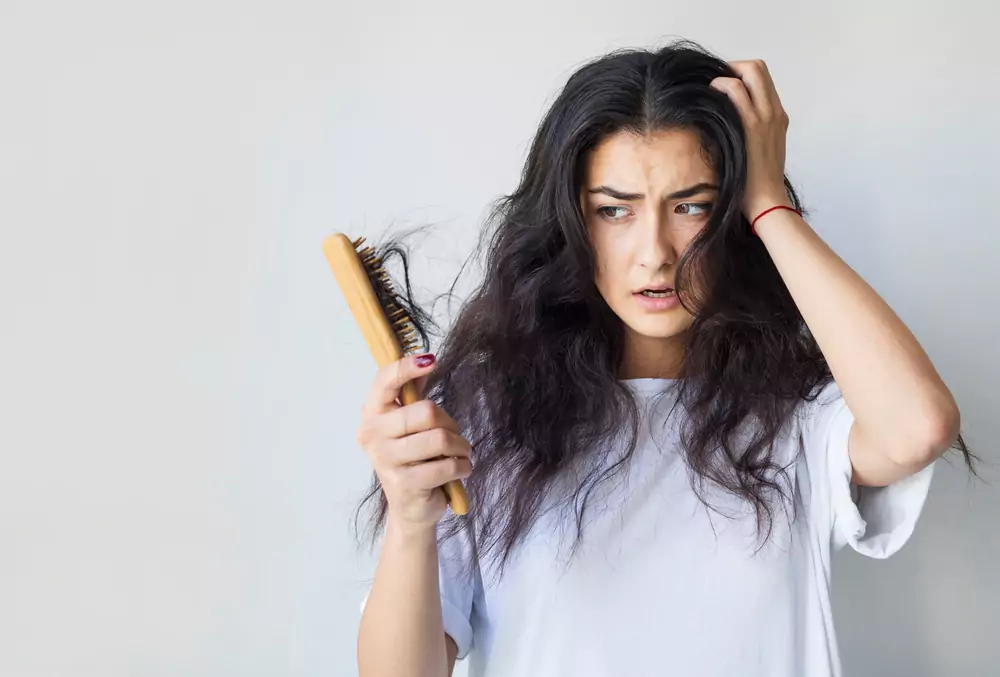
Genetics
One of the primary factors contributing to hair fall is genetics. If you have a family history of baldness or thinning hair, you are more likely to experience similar issues.
Hormonal changes
Hormonal imbalances can have a significant impact on hair health. Conditions such as polycystic ovary syndrome (PCOS), thyroid disorders, and menopause can lead to excessive hair fall.
Nutritional deficiencies
A lack of essential nutrients like iron, zinc, vitamins (particularly vitamin D), and proteins can weaken the hair follicles and result in hair fall.
Stress and emotional well-being
High levels of stress, anxiety, or emotional trauma can trigger hair loss. This condition is known as telogen effluvium, where a significant amount of hair enters the resting phase and falls out prematurely.
Medical conditions
Certain medical conditions like alopecia areata (an autoimmune disorder), scalp infections, or underlying health issues can contribute to hair fall.
External Factors
Apart from internal factors, there are several external factors that can contribute to hair fall. These external factors can range from environmental conditions to hair care practices and lifestyle choices.
Understanding these external factors is crucial in identifying and addressing the underlying causes of hair fall. Here are some common external factors that can contribute to hair fall:
Excessive styling and heat exposure
Frequent use of heat styling tools, such as straighteners and curling irons, can damage the hair shafts and lead to breakage. Similarly, tight hairstyles like ponytails or braids put excessive strain on the hair, causing it to weaken and fall out.
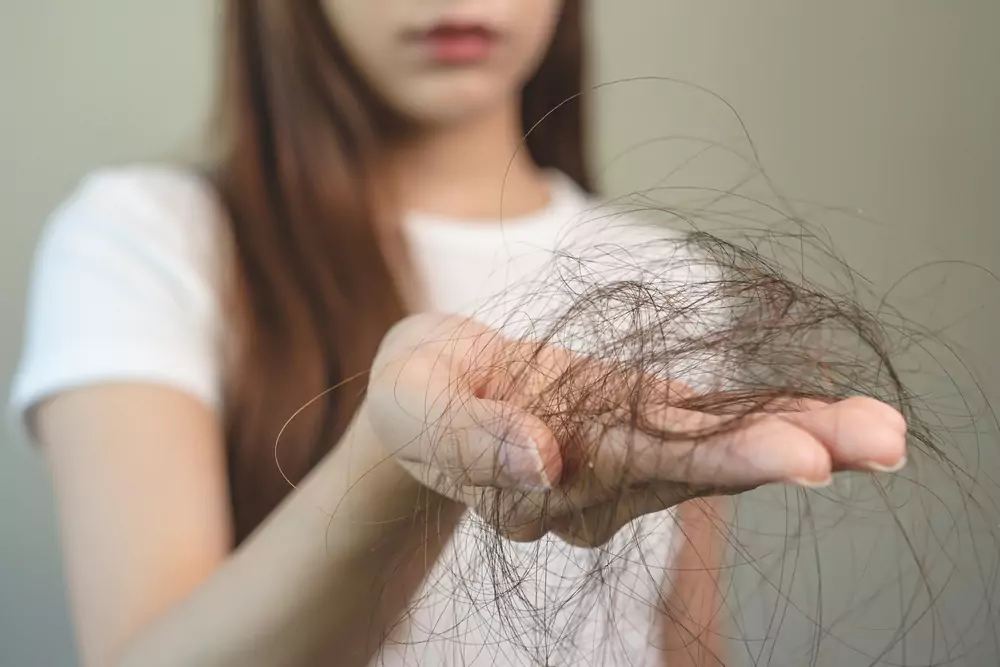
Chemical treatments
Chemical processes like perming, relaxing, or coloring can damage the hair cuticle and make it more prone to breakage and fall out.
Environmental factors
Exposure to harsh environmental elements like pollution, UV radiation, and extreme weather conditions can weaken the hair and contribute to hair fall.
Poor hair care practices
Inadequate hair care routines, including infrequent washing, using harsh shampoos, or not conditioning properly, can lead to scalp issues and increased hair fall.
Best Hair Styling Tools To Prevent Hair Loss
Hair loss can be a distressing experience for many people, but the right hair styling tools can help revive and maintain the appearance of your hair. Here are five best hair styling tools to combat hair loss:
Hair Brushes with Boar Bristle
Hair Brushes with boar bristles are excellent for promoting hair growth and reducing hair loss. The natural bristles help to distribute the scalp’s natural oils evenly, which can stimulate hair follicles and promote growth. Additionally, these brushes are gentle on the hair, reducing breakage and damage.
Hair Dryers with Ionic Technology
Ionic hair dryers are designed to dry hair quickly and reduce frizz by emitting negative ions. This technology helps to seal the hair cuticles, which can prevent breakage and reduce the risk of hair loss. Opt for a hair dryer with adjustable heat settings to prevent heat damage, which can exacerbate hair loss.
Hair Straighteners with Ceramic Plates
Ceramic hair straighteners are a great option for those with thinning hair, as they heat evenly and minimize damage. The smooth glide of ceramic plates allows for a gentle straightening process, reducing the risk of breakage and further hair loss.
The Remington proluxe R.M 2023CR is a hair straightener with ceramic plates that prevent hair loss by evenly distributing heat. It features micro-conditioners, adjustable temperature settings, and floating plates that adjust to hair thickness. This innovative straightener is ideal for achieving sleek, stylish hair without compromising its health.
Hair Clips and Hairpins
Using hair clips and hairpins can help distribute the weight of your hair evenly, reducing strain on the hair follicles and minimizing hair breakage. These tools also help to keep your hair in place, preventing excessive pulling and tension on the hair shafts.
Scalp Massagers
Scalp massagers are designed to stimulate the scalp and promote circulation, which can help to revive hair growth. Regular use of a scalp massager can also help to remove dead skin cells and product buildup, which can contribute to hair loss.
Solutions and Treatments
Now that we have explored the potential causes of hair fall, let’s discuss some solutions and treatments that may help address this issue:
Healthy lifestyle changes
Maintaining a balanced diet rich in essential nutrients is crucial for promoting healthy hair growth. Incorporate foods like leafy greens, eggs, fish, nuts, and seeds into your diet. Additionally, managing stress levels through activities like exercise, meditation, or therapy can positively impact your overall well-being and reduce hair fall.
Hair care routine
Follow a gentle hair care routine by using mild shampoos and conditioners suited to your hair type. Avoid excessive heat styling and opt for natural hairstyles that minimize strain on the hair.
Medical treatments
In cases where hair fall is severe or persistent, it may be necessary to seek medical intervention. Consult a dermatologist or trichologist who can provide specialized advice and recommend appropriate treatments such as medications, topical solutions, or hair transplantation.
Conclusion
Hair fall can be a distressing experience, but understanding its causes can help us take appropriate steps towards preventing and treating it. Whether it’s addressing internal factors like genetics or hormonal imbalances, or external factors such as styling habits and environmental exposure, there are various solutions available. By adopting a holistic approach that combines healthy lifestyle choices, proper hair care practices, and seeking professional guidance when needed, we can work towards maintaining strong and healthy hair.
FAQs
What Causes Hair Loss?
Hair loss can be caused by factors such as genetics, hormonal changes, medical conditions, medications, and stress.
How To Reduce Hair Loss?
To reduce hair loss, consider using minoxidil, finasteride, avoiding harsh treatments, maintaining a balanced diet, and managing stress.
What Foods Are Good For Hair Loss?
Foods beneficial for hair health include eggs, berries, spinach, fatty fish, nuts, seeds, and sweet potatoes.
Why Is My Hair So Thin?
Thinning hair can be due to factors like genetics, aging, hormonal imbalances, nutritional deficiencies, or certain medical condition

